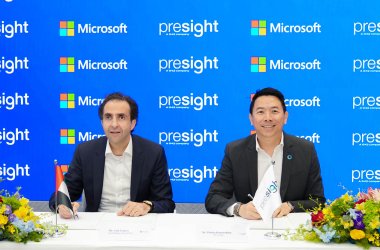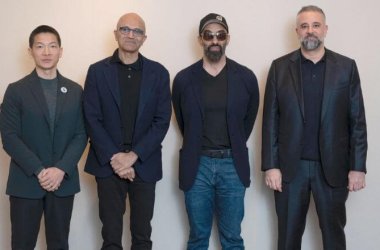Microsoft filed suit against Samsung on Friday, claiming the device maker has backed out of an agreement that requires it to pay licensing fees to Microsoft for the Android phones it sells.
Samsung has not honored the agreement since at least last September, when Microsoft announced it was acquiring Nokia’s devices and services business from Google, Microsoft alleged in the complaint.
“Samsung breached the license agreement last fall by refusing to make its Fiscal Year 2 royalty payment on time and then refusing to pay interest on its late payment, and is threatening to breach the License Agreement again with respect to its ongoing royalty payment obligations,” says the complaint, which was filed Friday in federal court in New York.
Microsoft and Samsung have been meeting for months to resolve a disagreement over the contract, to no avail, Microsoft said Friday in an accompanying blog post.
“We don’t take lightly filing a legal action, especially against a company with which we’ve enjoyed a long and productive partnership,” wrote Microsoft corporate vice president and deputy general counsel David Howard.
“Unfortunately, even partners sometimes disagree,” he wrote.
The companies entered into a patent cross-licensing agreement in 2011 under which Samsung would pay Microsoft to use its technology in the Android phones and tablets it sells.
But after Microsoft’s Nokia acquisition was announced, Samsung decided to stop complying, Microsoft said Friday.
“Samsung began using the acquisition as an excuse to breach its contract,” Microsoft’s Howard wrote. Samsung did not ask the court whether the Nokia acquisition invalidated the contract, he wrote.
A Samsung spokeswoman said via email that the company would review the complaint in detail “and determine appropriate measures in response.”
Since 2011, sales of Samsung-made smartphones running Google’s Android operating system havegrown substantially, according to industry research firm IDC. Samsung’s smartphones, which include the Galaxy S5 and S4, now have a roughly 30 percent share of the global market, according to IDC.





